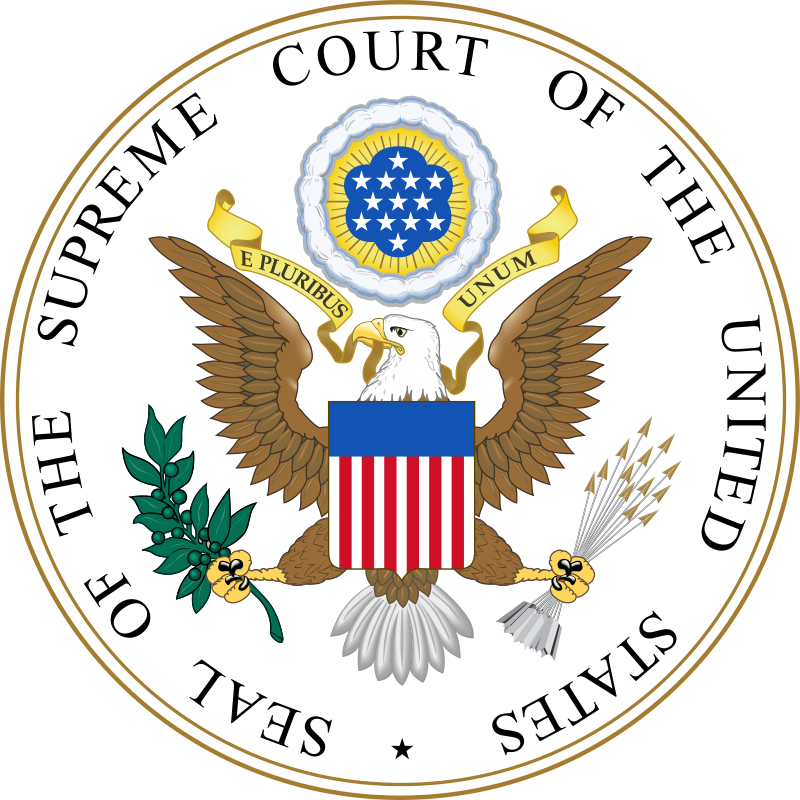 The United States Supreme Court has delayed hearing a pair of cases that will consider whether faith school teachers should be covered by employment protections. The hearing was due to be heard this month, but has been postponed until a future date due to the coronavirus epidemic.
The United States Supreme Court has delayed hearing a pair of cases that will consider whether faith school teachers should be covered by employment protections. The hearing was due to be heard this month, but has been postponed until a future date due to the coronavirus epidemic.
The US Constitution guarantees religious groups being able to choose their own leaders and consequently religious ministers are exempt from employment protections. These cases involve two former teachers who lost their jobs at respective Catholic schools in Los Angeles, who claim they were victims of disability and age discrimination. A federal judge initially ruled that the ministerial exception from employment protections barred them from seeking legal redress. However, a federal appeal court reversed the rulings, believing the former teachers could not be viewed as religious ministers by virtue of their lack of ministerial training and limited religious duties.
The two schools, supported by their local Catholic diocese, have successfully petitioned the Supreme Court (here and here) to consider the cases. The cases have been consolidated by the court and its eventual ruling on them could have major implications for faith school employees across the country.
There are analogies between these cases and legal debate that exists about the ability of faith schools in Britain to religiously discriminate in the recruitment and employment of teachers. It is assumed by some, including many faith school providers and recent UK Governments, that most faith schools can apply special religious restrictions and requirements in the recruitment and employment of all their teachers, including those who may not have a pastoral role, teach instructional RE or lead worship, and even if no regard was given to the teacher’s religion or beliefs when they were appointed. However, others consider such practices may be disproportionate and unlawful.
This includes the Equality and Human Rights Commission (EHRC) who in 2016 recommended that state funded faith schools wishing to employ a teacher on faith grounds should be treated like a normal employer with a religious foundation and be required to apply a genuine occupational requirement. GORs can usually only be applied to a small number of staff posts and allow employers to discriminate if they can show that the discrimination is required, legitimate and proportionate. The EHRC also indicated it was willing to support a test case to seek clarity in the law.
Chair of the Accord Coalition, the Rev Stephen Terry, said ‘Faith school teachers in Britain are uniquely vulnerable to religious discrimination by their employer compared to other staff that work for organisations with a faith ethos. The US Supreme Court hearing should serve as a reminder of the domestic legal debate that exists around this topic and of the importance for teachers to be better protected.’
‘Thankfully faith school teachers in Britain are protected from discrimination on several grounds other than religion and, along with those in most of the developed world, are not in quite such a weak position as those in the US. But it is unsettling that the two faith schools are bringing their case to the US Supreme Court to try and bar their teachers from being able to bring any employment discrimination claims and are being actively supported by their diocese.’
‘It highlights a lack of concern from some faith school providers about discrimination and for employment protections, and why it is important that the limited protections of faith school teachers in Britain need to be expanded. Teachers can uphold the ethos of a faith school without being discriminated against and discrimination should not be a part of school life.’


